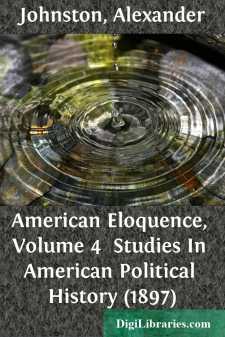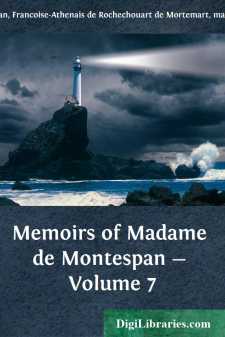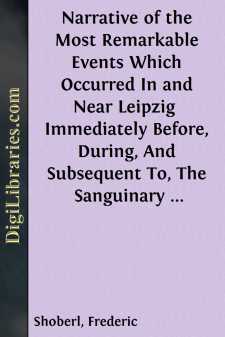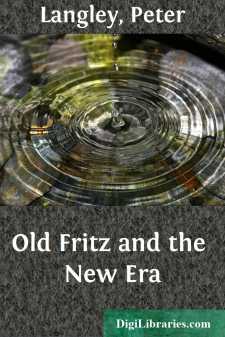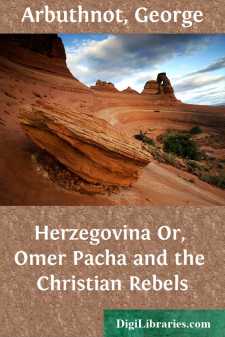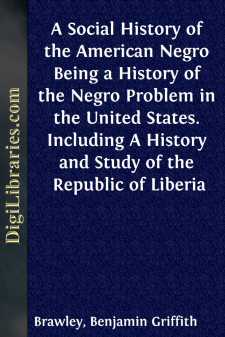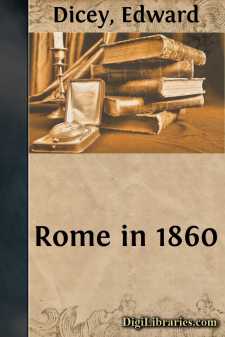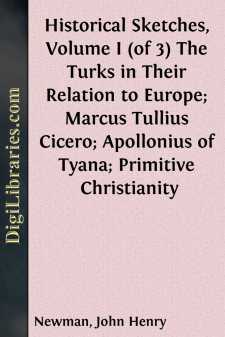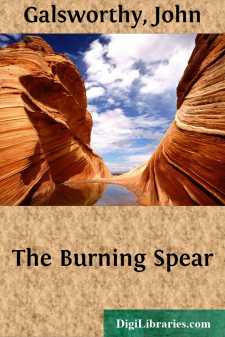History
- Africa 30
- Americas (North Central South West Indies) 50
- Ancient 68
- Asia 58
- Australia & New Zealand 8
- Canada 41
- Caribbean & West Indies 1
- Civilization 20
- Eastern Europe 12
- Europe 310
- Expeditions & Discoveries 60
- General 77
- Historical Geography 1
- Jewish 9
- Latin America 3
- Medieval 8
- Middle East 13
- Military 248
- Revolutionary 8
- Study & Teaching 5
- United States 353
- Western Europe 56
- World 13
History Books
Sort by:
INTRODUCTION TO THE FOURTH VOLUME. The fourth and last volume of the American Eloquent e deals with four great subjects of discussion in our history,—the Civil War and Reconstruction, Free Trade and Protection, Finance, and Civil Service Reform. In the division on the Civil War there has been substituted in the new edition, for Mr. Schurz's speech on the Democratic War Policy the spirited...
more...
The King Takes Luxembourg Because It Is His Will.—Devastation of theElectorate of Treves.—The Marquis de Louvois.—His Portrait.—TheMarvels Which He Worked.—The Le Tellier and the Mortemart.—The KingDestines De Mortemart to a Colbert.—How One Manages Not to Bow.—TheDragonades.—A Necessary Man.—Money Makes Fat.—Meudon.—The Horoscope. This journey to Flanders did not keep the King...
more...
Infantry attacks with its fire, or with the bayonet. Which of these is the more effective? 1. The object of an attack is to destroy or capture the hostile force, or, at least, to drive it from the field. Capturing the enemy, or driving him from the field, cannot usually be effected by merely firing upon him. True, a mere fire at a distance may finally destroy him. But an insuperable objection to this...
more...
by:
Frederic Shoberl
NARRATIVE, &c. You know, my dear friend, how often I have expressed the inconsiderate wish to have some time or other an opportunity of witnessing a general engagement. This wish has now been accomplished, and in such a way as had well nigh proved fatal to myself; for my life had like to have been forfeited to my curiosity. I may boast, however, with perfect truth, that, during the four most...
more...
by:
Peter Langley
FOREWORD I would merely say a few words in justification of the Historical Romance, in its relation to history. Any one, with no preceding profound study of history, who takes a few well-known historical facts as a foundation for an airy castle of romantic invention and fantastic adventure, may easily write an Historical Romance; for him history is only the nude manikin which he clothes and adorns...
more...
by:
George Arbuthnot
CHAPTER I. Object of Travels—Start—Mad Woman—Italian Patriot—Zara—Sebenico—Falls of Kerka—Dalmatian Boatmen—French Policy and Austrian Prospects—Spalatro—Palace of Diocletian—Lissa—Naval Action—Gravosa—Ragusa—Dalmatian Hotel—Change of Plans. 'Omer Pacha will proceed with the army of Roumelia to quell the disturbance in Herzegovina.' Such, I believe, was the...
more...
CHAPTER I THE COMING OF NEGROES TO AMERICA 1. African Origins An outstanding characteristic of recent years has been an increasing recognition of the cultural importance of Africa to the world. From all that has been written three facts are prominent: (1) That at some time early in the Middle Ages, perhaps about the seventh century, there was a considerable infiltration of Arabian culture into the...
more...
by:
Edward Dicey
My first recollections of Rome date from too long ago, and from too early an age, for me to be able to recall with ease the impression caused by its first aspect. It is hard indeed for any one at any time to judge of Rome fairly. Whatever may be the object of our pilgrimage, we Roman travellers are all under some guise or other pilgrims to the Eternal City, and gaze around us with something of a...
more...
PREFATORY NOTICE. The following sketch of Turkish history was the substance of Lectures delivered in the Catholic Institute of Liverpool during October, 1853. It may be necessary for its author to state at once, in order to prevent disappointment, that he only professes in the course of it to have brought together in one materials which are to be found in any ordinarily furnished library. Not intending...
more...
by:
John Galsworthy
THE HERO In the year —— there dwelt on Hampstead Heath a small thin gentleman of fifty-eight, gentle disposition, and independent means, whose wits had become somewhat addled from reading the writings and speeches of public men. The castle which, like every Englishman, he inhabited was embedded in lilac bushes and laburnums, and was attached to another castle, embedded, in deference to our national...
more...


